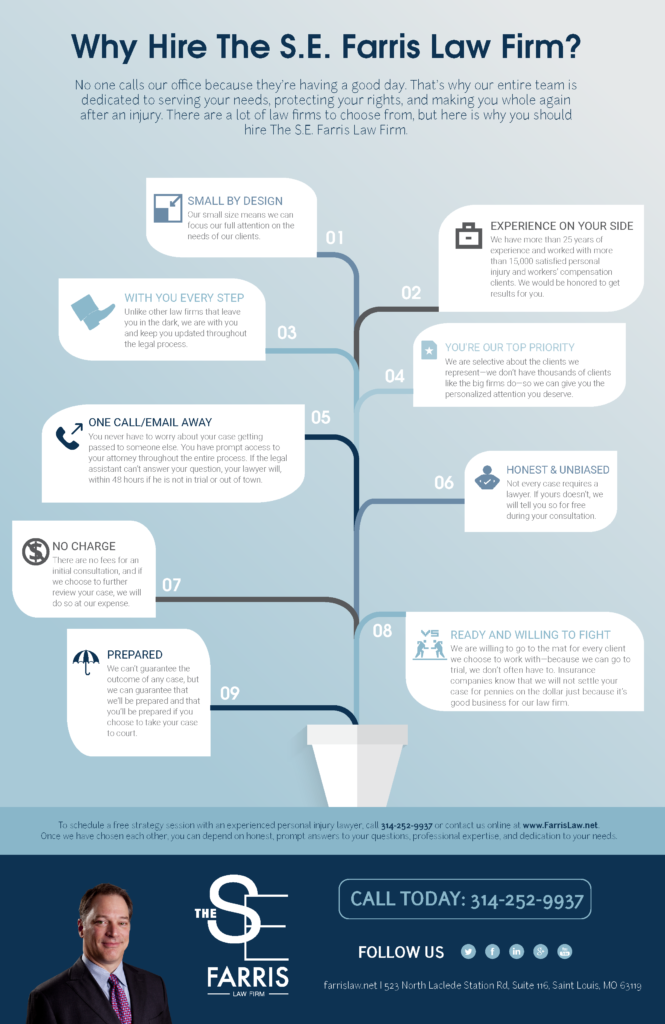A Realty Lawyer'S Resource On Landlord-Tenant Legal Matters
A Realty Lawyer'S Resource On Landlord-Tenant Legal Matters
Blog Article
Material Writer-Wilkins Hansen
When it concerns landlord-tenant law, understanding your legal rights and obligations is important for both events. You may believe you have a strong understanding on the basics, yet there are usually subtleties that can capture you off-guard. Whether you're a property owner managing a home or a renter seeking a steady home, comprehending the lawful landscape can make all the difference. What may surprise you are the intricacies associated with navigating conflicts and expulsion processes.
Understanding Renter Legal Rights and Responsibilities
When you lease a property, it's essential to understand your civil liberties and duties as a tenant. You can a safe and habitable living setting, meaning your landlord should preserve essential solutions like heating, pipes, and electrical energy.
You're likewise qualified to privacy; proprietors usually need to give notice before entering your system.
On the other hand, you are in charge of paying rental fee promptly, maintaining the residential or commercial property clean, and not creating damages past normal damage.
Familiarize yourself with your lease arrangement, as it describes particular policies and obligations. Understanding set up a trust without a lawyer fosters a favorable connection with your property manager.
Remain notified, and you'll navigate your tenancy more effectively.
Key Property Manager Obligations and Lawful Considerations
While you may know your rights as a lessee, it's similarly important to understand your proprietor's obligations.
Landlords have to give a safe and habitable living atmosphere, making certain that vital systems like home heating, pipes, and electricity are in functioning order. They're additionally in charge of making necessary fixings quickly and adhering to regional building ordinance.
In addition, proprietors need to respect your privacy by providing appropriate notification prior to entering your system, usually 24-hour. They need to deal with down payment according to state legislations, including returning them promptly after you vacate, minus any type of authorized deductions.
Recognizing these obligations can assist you preserve a favorable partnership with your property owner and ensure your living situation fulfills legal criteria.
Navigating Disputes and Expulsion Processes
Disagreements in between proprietors and tenants can emerge all of a sudden, making it critical for you to comprehend the processes involved in fixing them.
First, communication is crucial-- attempt to discuss issues directly to find a concession. If that falls short, familiarize on your own with your neighborhood regulations relating to conflicts and eviction. File whatever: keep records of communications, repayments, and any type of offenses.
If expulsion becomes essential, ensure you follow the legal steps required in your location, which usually consists of providing created notice and a particular duration for resolution.
Be prepared to go to court if the circumstance rises, as it may be your only option. Understanding these procedures will certainly assist you browse disputes more effectively and shield your rights as either a property manager or lessee.
Final thought
In summary, understanding landlord-tenant regulation is essential for both parties associated with a rental arrangement. By knowing your civil liberties and duties, you can cultivate a far better living environment and stay clear of problems. If disagreements occur, remember that a property attorney can help lead you through the intricacies of eviction procedures and legal obligations. Staying educated and positive will certainly make certain a smoother rental experience, whether you're a property owner or an occupant.
